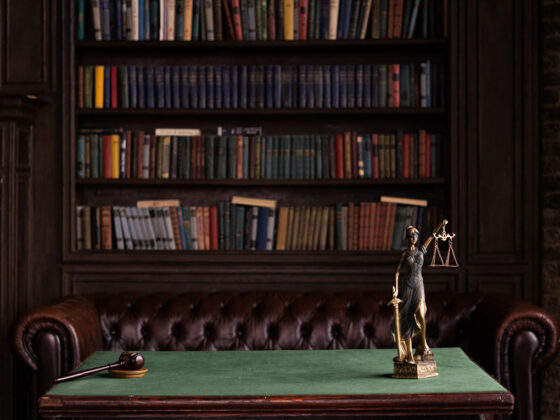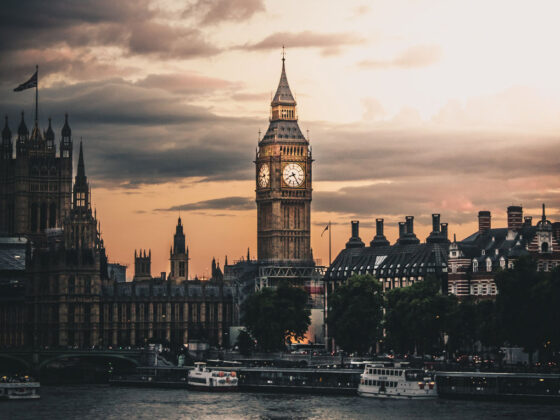Whether you are a multinational corporation or a recently established startup, your intellectual property may be your most important asset. Taking the necessary steps to protect it will help you safeguard the value of your business and gain a competitive advantage.
WHAT IS INTELLECTUAL PROPERTY?
Intellectual property (“IP”) is virtually any novel, original or unique creation of the human mind such as inventions, software, designs, logos, names or content. IP rights are broadly divided into four categories – patents, trademarks, designs and copyright – and we briefly discuss each one of them below.
PATENTS
Patent protection applies to technical inventions, products, or processes. It prevents others from reproducing, selling, or copying your invention without your consent. Registration of a patent is a time-consuming and highly technical procedure involving, in some cases, a series of technical tests, expert opinions and examinations. While protection usually lasts up to 20 years, it also varies from country to country.
TRADEMARKS
Trademarks can protect anything that identifies a product or company, such as names, logos, slogans, words, and symbols. It is important to protect your unique business products to preclude others from using them or registering them in their names. Trademarks should be registered in each country where protection is sought. You may also want to consider a community trademark that offers cross-EU trademark protection.
DESIGNS
If you create the objective appearance of a product – such as a shape or packaging – you may have certain rights to those designs. However, if your design rights have been breached, you will bear the burden of proof when establishing that the design was your own creation. This is where the design registration comes into play and protects your design for up to 20 years. Just as with trademarks, you should submit applications in each country where you are seeking protection, and there is an option of a single community design registration across the EU.
COPYRIGHT
Copyright protects any recorded work such as music, dramatic performances, artistic work, or even software code. Copyright is automatically granted on creation, meaning that you do not have to register your recorded work for it to be protected against infringement or plagiarism, except by adding the “©” sign next to your work.
WHO OWNS THE IP?
Establishing proper protections for your IP is extremely important for your business. By developing something that is unique to you and inimitable, you can create a brand that makes your company recognisable to customers.
When it comes to companies, the rules get a little bit more complicated. If you personally created something novel, then that idea belongs to you. But if you are in an employment relationship, the general rule is that all your creations belong to your employer, unless the employment contract states otherwise. Read more about IP rights ownership in our post about it.
FINAL REMARKS
Developing an IP protection strategy should not be taken lightly. Start by establishing a good practice of signing a non-disclosure agreement with your potential partners and customers. Review your current employment contracts to establish whether or not your IP is adequately protected. Have a think about trademark registration and copyright and, in certain circumstances, patents. And as always, reach out to us if you need to talk this through. We are here to help.
Our legal commentary is not intended to be a comprehensive review of all developments in the law and practice. Please seek legal advice before applying it to specific issues or transactions.







